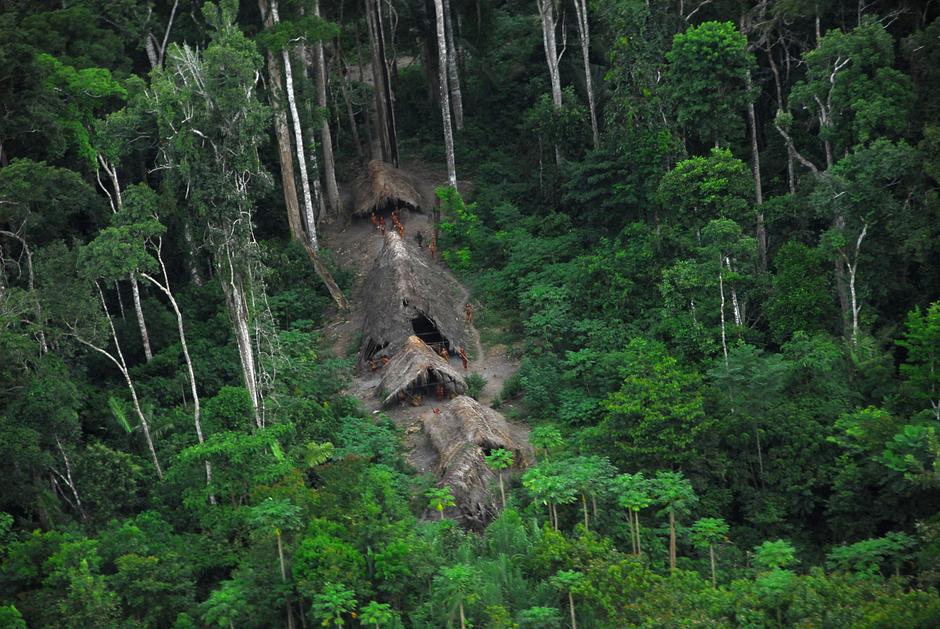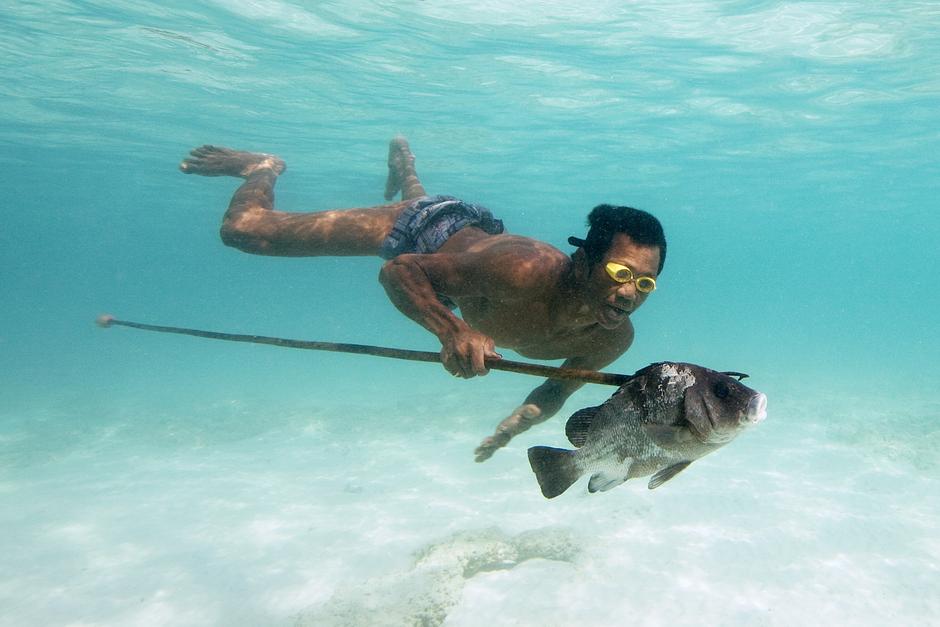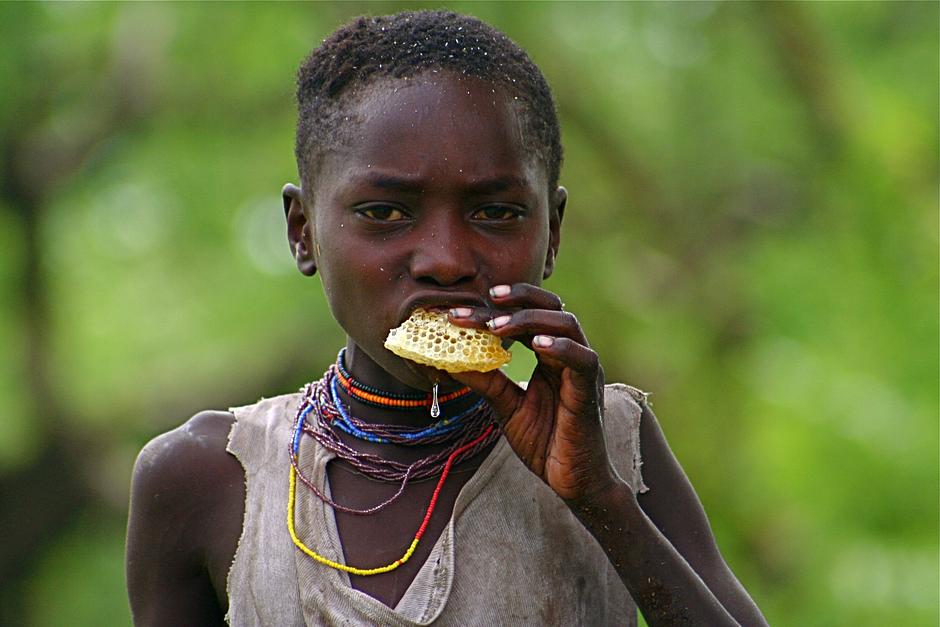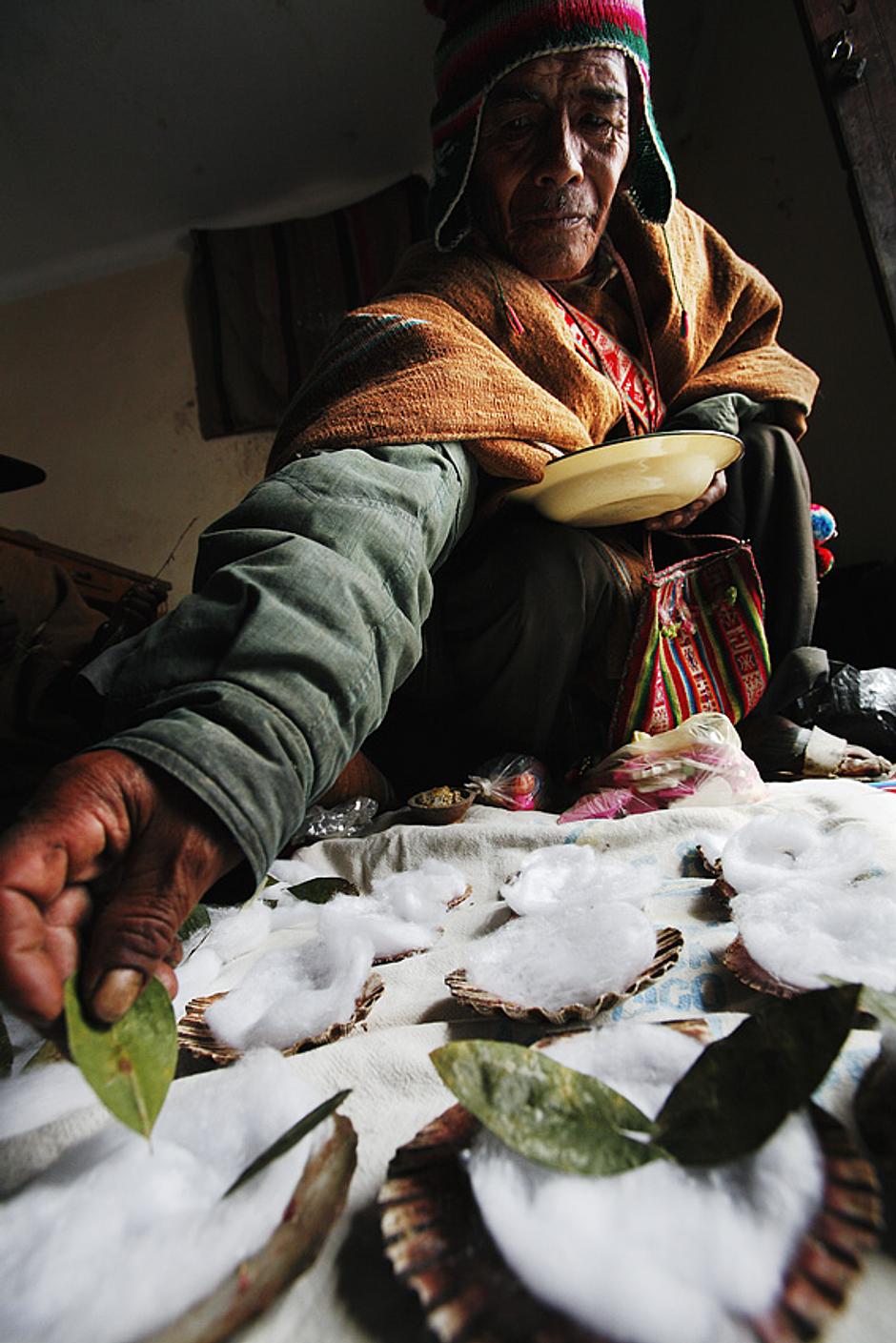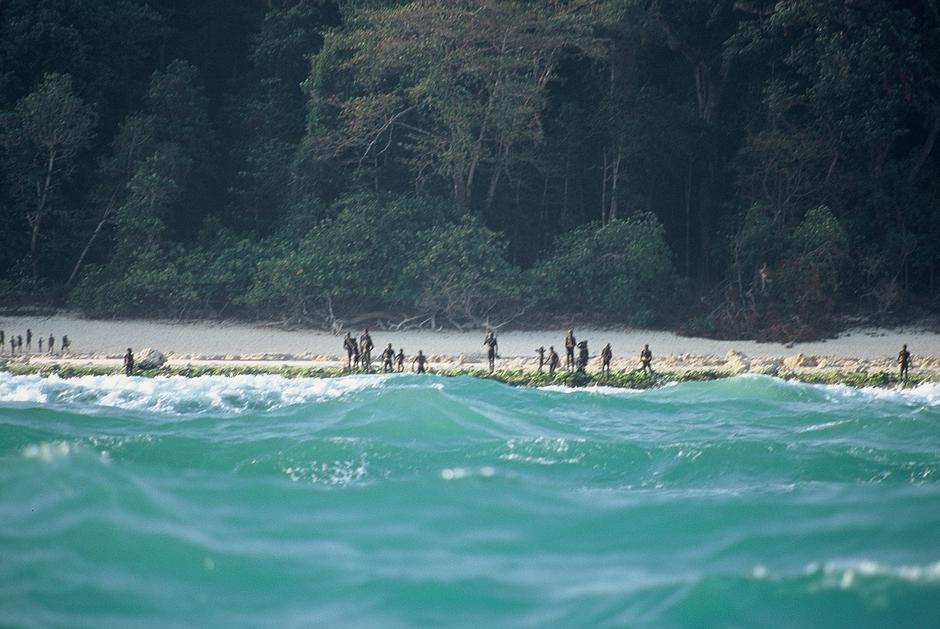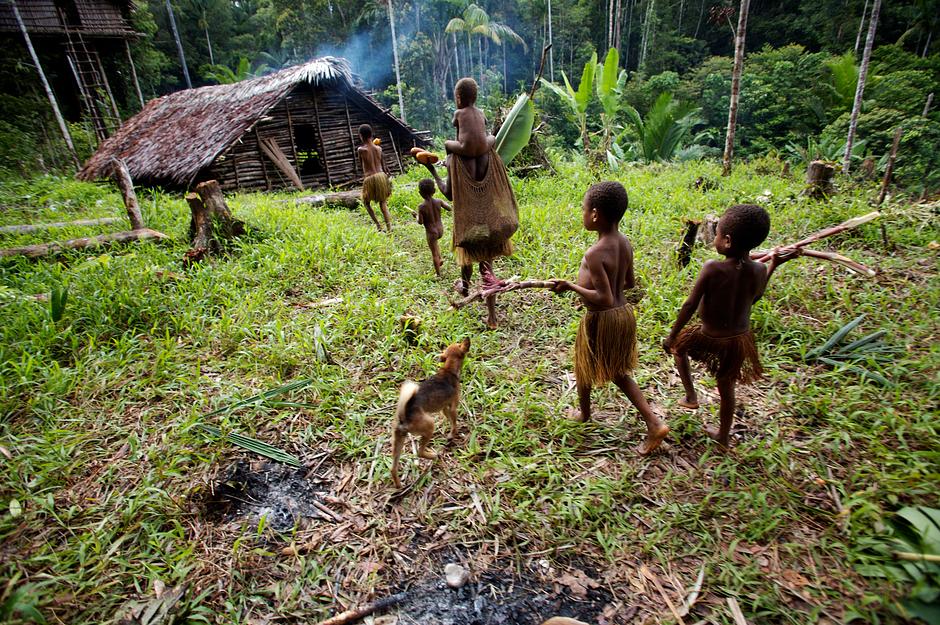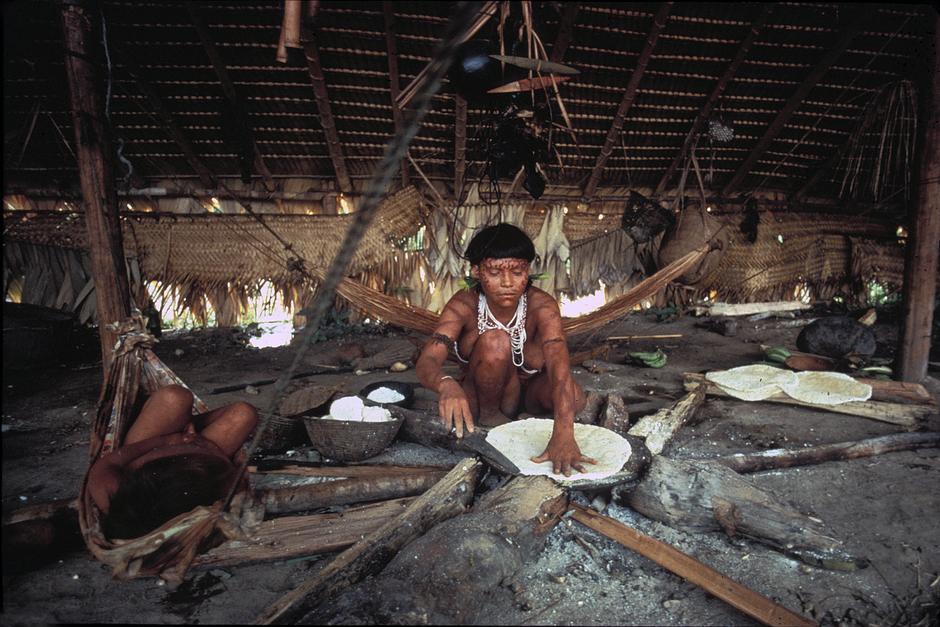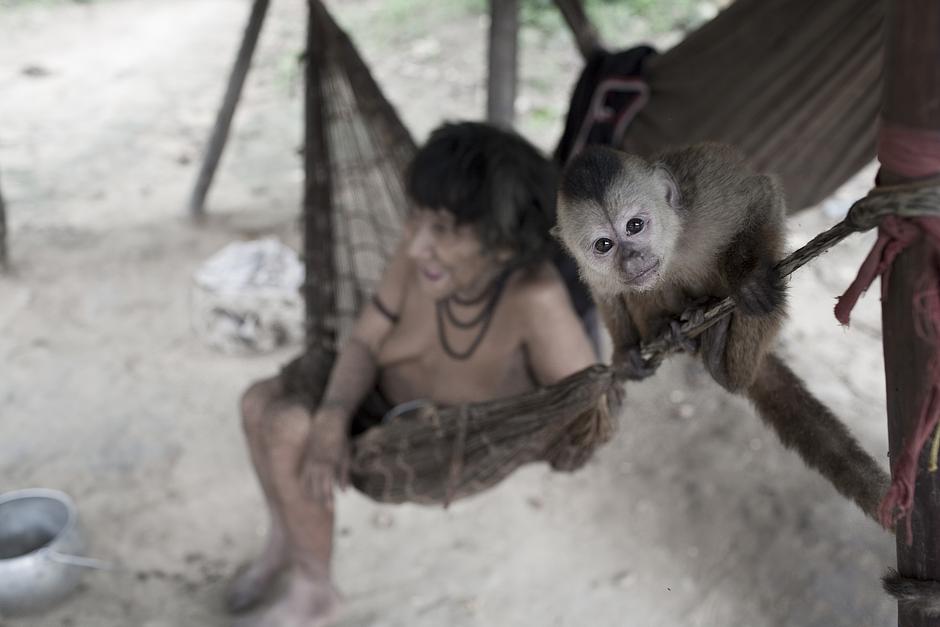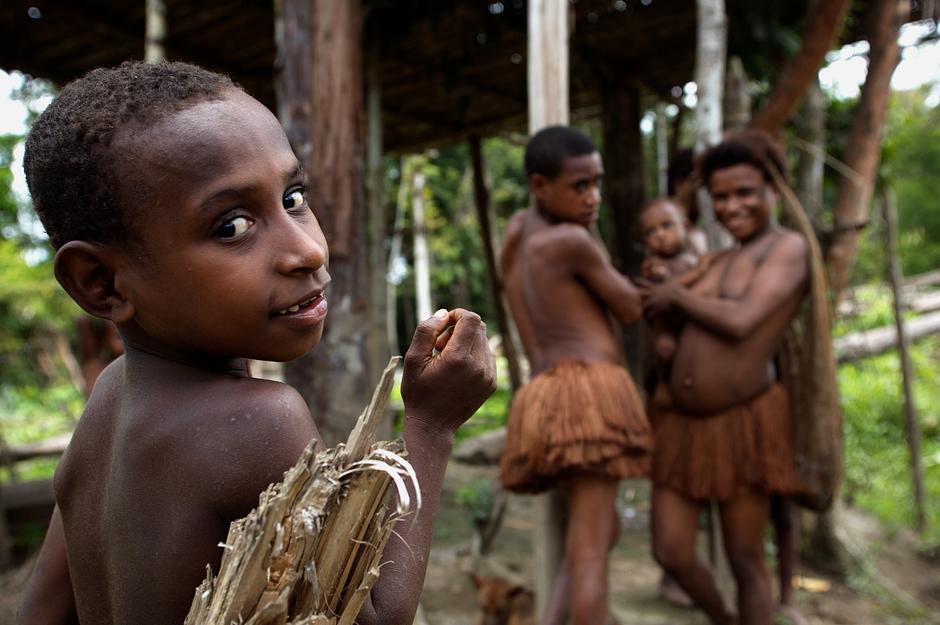Nine facts for 9 August: UN Indigenous Day
Celebrate the UN Day of indigenous peoples with this special gallery – nine little-known facts about tribal peoples.
There are over 100 uncontacted tribes in the world.
Some live less than 100kms from Machu Picchu
© G. Miranda/FUNAI/Survival
The Moken ‘sea gypsies’ of the Andaman Sea have developed the unique ability to focus under water, in order to dive for food. The eyesight of Moken children is 50% more powerful than that of European children.
© Cat Vinton/Survival
Hadza hunters in Tanzania use the song of an African bird to guide them to bees’ nests in baobab trees.
© Joanna Eede/Survival
The language of the Bolivian Kallawaya healers, still spoken today, is believed to be the secret language of the Inca Kings.
© © Yoshi Shimizu/www.yoshi-shimizu.com
The Sentinelese tribe is thought to have lived on the Andaman Islands for about 55,000 years.
© Christian Caron – Creative Commons A-NC-SA
Tribal people of the Baliem valley of New Guinea probably developed agriculture long before the ancestors of the Europeans
© Grenville Charles/Survival
Tribal peoples developed some of the world’s staple foods. Manioc (cassava), maize and potatoes are all the product of indigenous husbandry.
© Victor Engelbert/Survival
Awá women in Brazil care for orphaned baby monkeys by suckling them.
© Domenico Pugliese/Survival
One in every 6 languages spoken on the planet comes from New Guinea.
© Grenville Charles/Survival
Other galleries
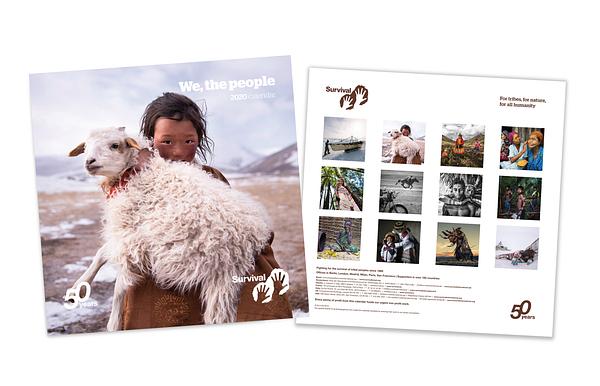
“We, the People” 2020 Calendar
Discover a new tribal portrait each month with the Survival International “We...
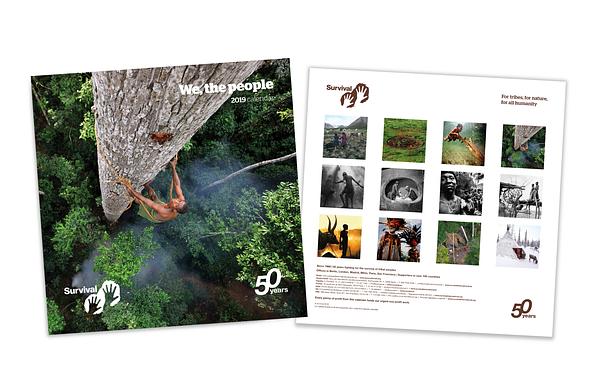
“We, the People” 2019 - The 50th anniversary Calendar
Our “We, The People” 50th Anniversary Calendar features stunning portraits of...
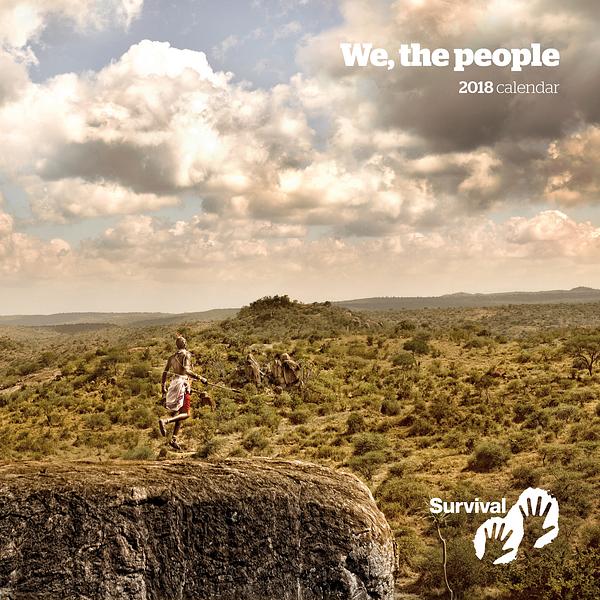
"We, the People" 2018 Calendar
Discover a new tribal portrait each month with the Survival International "We...

